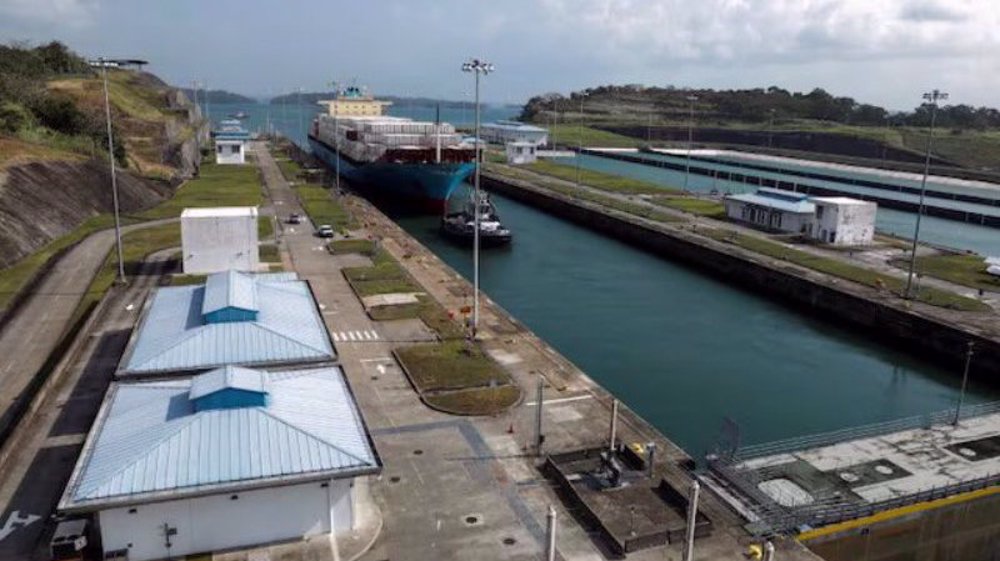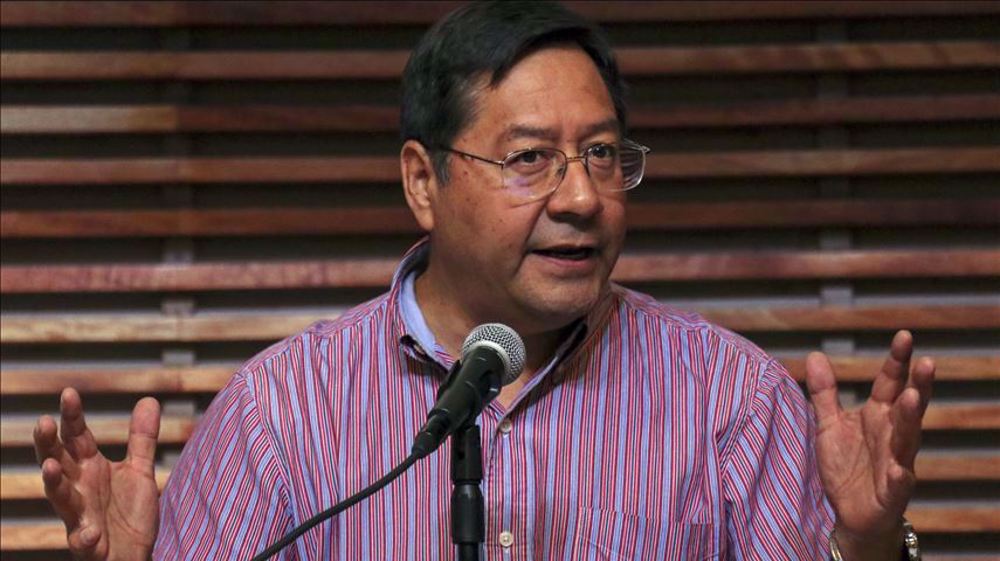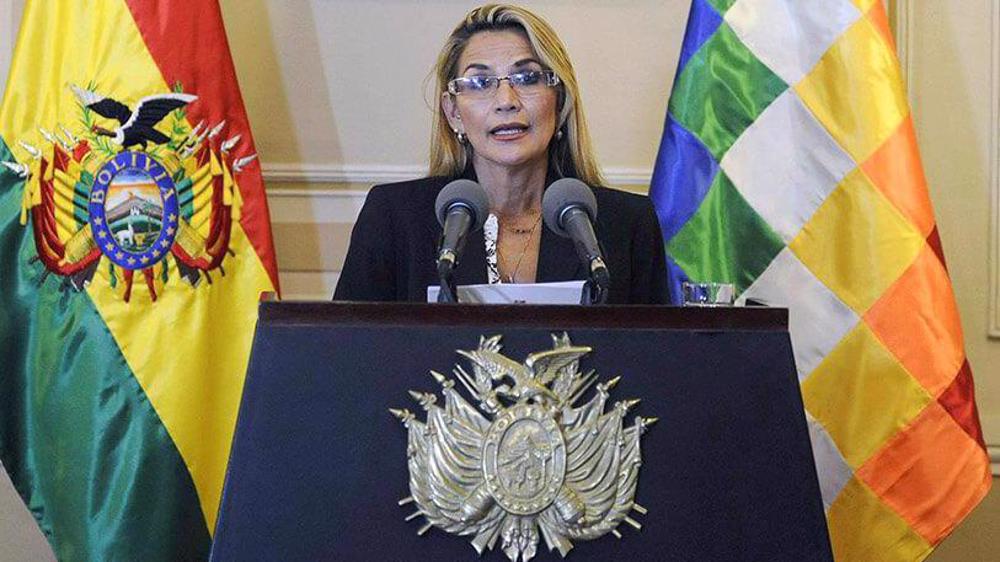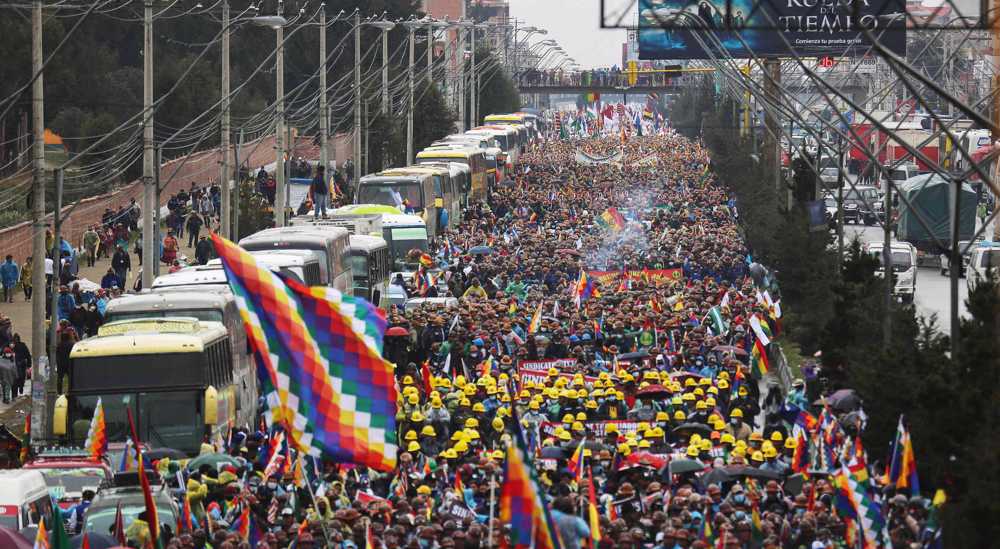Bolivia sets census for 2024 as US-backed anti-government riots persist
Bolivia’s President Luis Arce has set the date of the country’s next census for 2024, a year later than demanded by US-backed opposition groups that have waged anti government riots in recent weeks.
"We have a responsibility to carry out a quality census in which everyone participates," Arce declared on Saturday during a midnight speech amid continuing violent protests crippling part of the Latin American nation. "We call for the return of calm, peace and normality in the department of Santa Cruz."
The nation’s largest city of Santa Cruz, a relatively wealthy farming hub and opposition bastion, has grounded to a halt in recent days amid a general strike – sponsored by opposition groups -- demanding that the census be held next year, prior to next elections due in 2025.
In an apparent effort to calm the restive situation instigated by opposition groups, Arce further said the census would be held on March 23, 2024, adding that distribution of benefits based on census results would begin in September 2024, a month before the original proposed date.
This is while the US-sponsored regional and opposition groups in the Andean nation claim that the socialist government in La Paz delayed the census as part of an effort to gain more seats in Congress and more state resources.
The development came a day after opposition-led rioters clashed with pro-government groups, with local TV images showing violent altercations featuring Molotov cocktails, motorcycles, firecrackers, stones and sticks.
The three weeks of rioting have so far left four people killed and more than 170 injured, the government said, blaming the surge of violence on Santa Cruz Governor Luis Fernando Camacho, who began the strike on October 22, along with other opposition groups.
The strike has exacerbated food shortages and sent already high prices soaring, costing about $700 million, Economy Minister Marcelo Montenegro stated on Friday.
In November 2019, a US-sponsored unrest purportedly against alleged electoral fraud in Bolivia forced re-elected president at the time, Evo Morales, to flee the country, installing right-wing opposition member Jeanine as the interim president.
The US-led and Washington-based Organization of American States (OAS) falsely claimed at the time that it had found “clear evidence” of voting irregularities in favor of Morales, a popular, anti-US president who was re-elected into office for 14 years.
Many potential successors to Morales -- all members of his MAS party – were also forced to resign or flee, leaving Anez, then vice-president of the Senate, next in line.
The virtually unknown lawyer and former TV personality proclaimed herself interim president of Bolivia on November 12, 2019, two days after Morales' forced resignation.
The Constitutional Court recognized Anez's mandate as interim, caretaker president, but MAS members disputed her legitimacy.
Elections were held a year later, and won by Luis Arce – a close ally of Morales.
After handing over the presidential reins to Arce, Anez was detained in March 2021, charged with illegitimate assumption of power.
She was then sentenced to a 10-year prison term last June for leading a US-backed plot to topple Morales following his re-election in 2019.
At the start of her presidency, Anez had called in the police and military to restore order. The post-election unrest left 22 people dead, according to the Inter-American Commission on Human Rights (IACHR).
The IACHR described the 22 deaths as "massacres," and found that they amounted to "serious violations of human rights."
Anez still faces a separate, pending court case for sedition and other charges related to her short presidential tenure.

Canada arrests prominent activist over pro-Palestinian stance

US to seize 2nd Venezuelan plane held in Dominican Republic

Panama Canal denies claim of free passage for US vessels
Iran bans exports of some crops amid soaring domestic prices
VIDEO | Gazans striving to survive with bare hands
'Shocking attack on free expression': Canadian politician slams arrest of pro-Palestine activist
West Bank Palestinians fear Gaza style destruction as Israel escalates raids
Hamas: Ibrahimi Mosque massacre testament to Israel’s criminal policy
Trump eyes Ukrainian rare earth minerals in exchange for military support to Kiev
Six Gaza children, including newborn girl, die of cold weather as Israel blocks aid
Iran rules out nuclear talks with US amid ‘maximum pressure’ campaign










 This makes it easy to access the Press TV website
This makes it easy to access the Press TV website